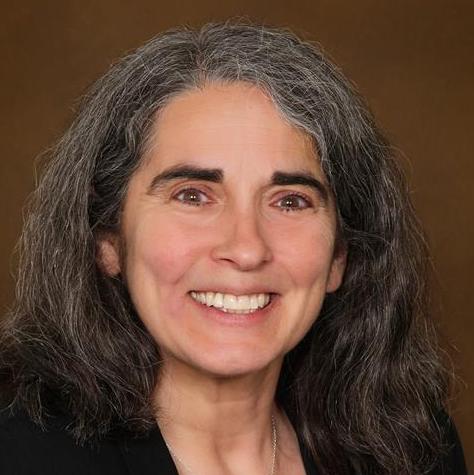To an already robust Diversity, Equity, and Inclusion program aimed at making it the most diverse, equitable, and inclusive department of surgery in the country by 2030, the University of Colorado Department of Surgery recently added another focus: access.
What is now the Diversity, Equity, Inclusion, and Access (DEIA) Committee in the CU Department of Surgery has the added mission of improving access and accessibility for faculty and staff members as well as patients and community members.
“We’ve seen a lot of organizations, including our own department, improve their DEI efforts over the past few years, which is wonderful,” says Lindsay Engels, a project coordinator in the CU Department of Surgery and member of the DEIA committee. “I think the next step is the accessibility piece as it relates to awareness, education, and accommodation. Especially as our work relates to health care, it’s even more important.”
Access for people with disabilities
The CU Department of Surgery’s efforts are directed at access in all its forms, whether it’s access to resources or education for medically underserved communities or access to facilities and digital tools for people with disabilities. With the July 1 enaction of Colorado’s House Bill 21-1110, an act to strengthen protections against discrimination on the basis of disability, it’s an even more urgent mission, Engels says.
“We don’t often think about disability in our everyday work,” she says. “With the new law coming into effect, it’s a good opportunity to put a spotlight on education. We want to take the time to go through our materials to see if we can make them more accessible. We want to think about accessibility when we plan an event, when we offer meeting options — to start incorporating accessibility as part of our culture at the department.”
An important part of supporting people with disabilities, Engels says, is supporting those with invisible disabilities — disabilities that are not visible from the outside, such as cognitive dysfunctions, brain injuries, learning differences, mental health disorders, and hearing and vision impairments — which are often not apparent or disclosed.
“It’s simpler to see a visible disability and say, ‘OK, I care about making this more accessible, because I see that this person is struggling with this,’” she says. “With invisible disabilities, it’s easy to think, ‘Well, no one said anything about it being inaccessible. That’s how we’ve always done it, and I don’t want to change it.’ But you never know who is in the room. One in four adults in Colorado have a disability.”
Role models and responsibilities
For Elizabeth Kovacs, PhD, vice chair of research for the CU Department of Surgery, adding “access” to the department’s DEI efforts just makes sense. She has seen other organizations throughout the field add a focus on access and accessibility, including the Federation of American Societies for Experimental Biology, where she is a member of the board of directors.
“Everybody else includes accessibility, so why shouldn’t we?” she says. “I think it’s a mistake to not include populations that feel marginalized.”
Kovacs also was inspired by Chris McCulloh, MD, a surgeon who came to campus as a guest speaker in 2023. McCulloh began using a wheelchair after a fall left him with both legs paralyzed. With the help of a wheelchair designed to transition him from sitting to standing, McCulloh was able to complete surgical residency and fellowship, allowing him to have a career as a trauma surgeon and disability advocate.
“It was very inspiring,” Kovacs says. “There are a lot of people who have other disabilities that are less visibly recognized, including developmental issues. Focusing on access is important for future generations who are interested in STEM careers. It’s letting people with disabilities know that there are others out there who have succeeded and trying to be better role models. If we don’t set the bar high for inclusiveness, then we’re losing out on a great deal of talent.”
Engels agrees, adding that a focus on access is key to a truly inclusive culture.
“Our DEI work has been great in trying to reflect the population of patients and communities we serve,” Engels says. “The next step is going to be reflecting the population of those with disabilities. Our department’s vision is ‘Improve Every Life,’ and we can’t do that without adding access. If you really want to create a culture of inclusion, belonging, and excellence, access has to be part of it.”



